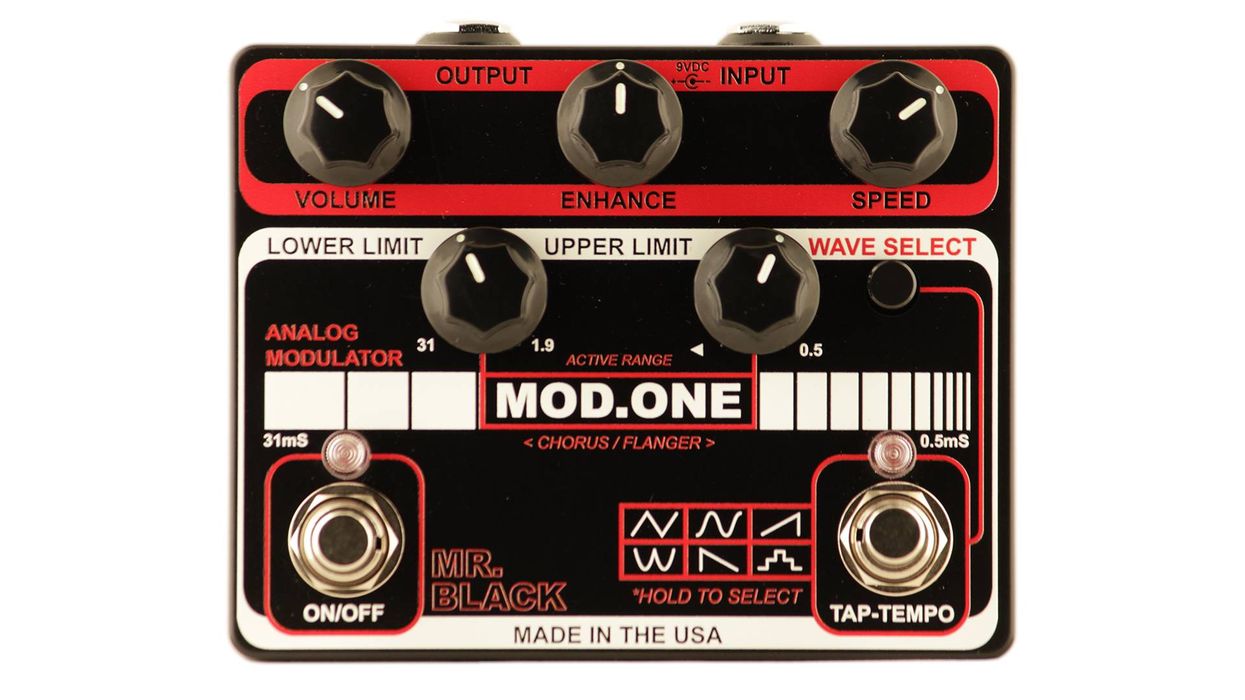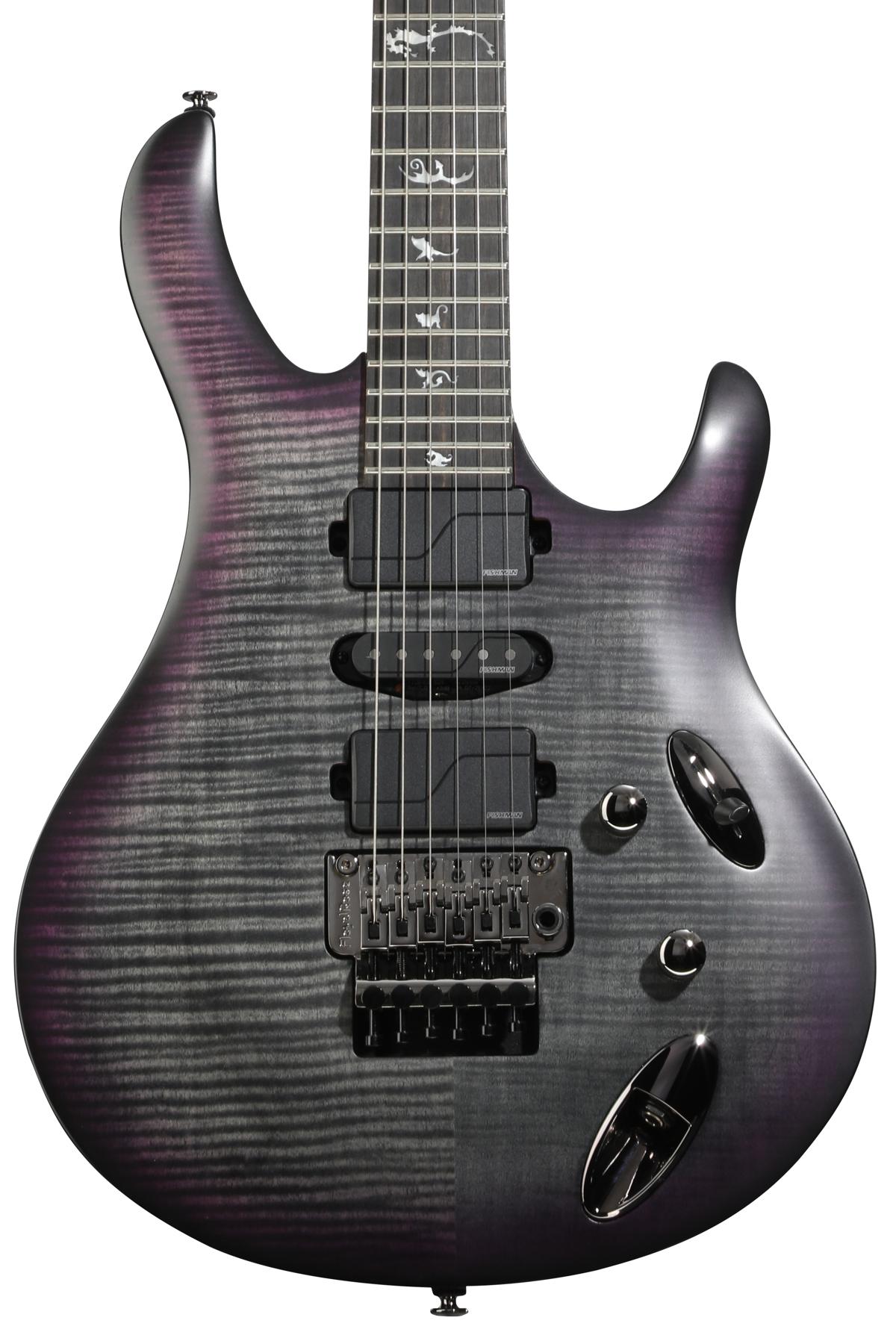As the big American guitar manufacturers were swelling in size and success during the rock ’n’ roll explosion of the ’60s, European manufacturers were also evolving and enjoying a similar—though still unique—trajectory. By the mid ’60s, the largest among them was Germany’s Framus International, a brand with global recognition and a full line of instruments, from solidbody and hollowbody electrics to steel- and nylon-string acoustics, banjos, lap-steel guitars, and other stringed instruments. However, bankruptcy eventually forced Framus into almost 20 years of hibernation before it was revived by Warwick in 1995. It has since flourished and become a major player in Europe once again, thanks to its wide range of guitars and amplifiers. This year, the company stepped up its game in the US market by opening a flagship store in lower Manhattan and releasing an Earl Slick signature model that was co-designed with the New York-based former David Bowie sideman.
The new 24 3/4"-scale Hollywood DC is based on the original Hollywood 5/131—a model that originated as Framus’ late-’50s bid to meet the demand for rock-oriented guitars. Produced until 1966, it featured a set neck, semi-hollow construction with a laminate top and back, and a pair of single-coils. This accessibly priced, Korean-made reissue retains the features, pawnshop attitude, and playability of the original—all with style that stands apart from the pack.
Sweet Cream
While there’s no shortage of retro-styled guitars today, many of them lack the visual balance that made the vintage classics so beautiful. In this respect, the Hollywood DC is a welcome breath of fresh air. Its curves are modest rather than wonky, its body is compact and ultra light, and its controls and hardware are cool yet functional and discreet. The polished cream finish on our review model has a quality look and is a great match for the dark rosewood fretboard and black binding. The aged plastic parts, bone-colored Graph Tech nut, and brass truss-rod cover with traditional Framus emblem complement the vintage look. The rotary pickup selector and universal Bass/ Treble tone knobs remind you that you’ve picked up something a bit removed from American design convention. The tailpiece and bridge are surprisingly austere—height is the only adjustment you can make on this slotted, palm mute-friendly bridge—and they contribute to the Hollywood’s funky vibe. A true headstock inlay (rather than a painted-on motif) would have provided the finishing touch. Instead, the headstock graphics are the most significant deviation from the original design.
The first thing I noticed when I picked up the Hollywood was its light weight. The solid rim and plywood top and back make the mostly hollow body a little Danelectro-like in construction (though Danos use masonite tops and backs). The mahogany neck has a substantial heel, but upper-fret access is still quite easy. In many ways, the Hollywood felt something like a Les Paul Jr./Danelectro hybrid—comfortable and impressively balanced. The neck profile is somewhere between a medium-to-shallow C and, combined with the relatively flat 14” fretboard radius, is fast playing and bend friendly. The fretwork was especially impressive—the nickel-silver frets were excellently leveled and crowned. All these points combined with the aforementioned features to add up to a quality, fun experience with very few rough edges to distract from the music-making.
Sturm und drang
The Framus’s unplugged character is light and bright, with a lively acoustic quality that you can feel in the body. It’s energizing to get this kind of volume from an unplugged electric, and it compelled me to play loudly right away. The Hollywood has a playful aura, one that inspires enthusiasm in a simple open chord. Plugged into a Carr Sportsman set to a clean, blackface-style sound, the neck pickup rendered these same acoustic qualities quite convincingly. There was a springy definition from the wound strings and a sparkling response from the higher unwound strings, that and it added up to satisfying tonal complexity. On both the neck and bridge pickups, the low-end response was tight and crisp—perfect for jangly, early-’60s rock rhythms. The Hollywood’s bridge pickup was bright and vocal, with a fair mount of twang that could cover a lot of surf- or blues-rock territory. But, as I was to discover when using a little overdrive, the Hollywood’s real bread and butter is churning out vintage rock bark, textured punk thrash, and cutting alt-rock tones.
I cranked the Sportsman for natural distortion and put a VHT V-Drive in the signal path for a slight gain boost and a bit of high-end texture. With the bridge pickup selected, I got biting, Vox-like grit that brought to mind the punchy, syncopated riff in “Paperback Writer.” As I cut back on the reverb, turned up the gain, and dialed in some mids, I was in a scorching Jack White tone zone that got better with the gradual onset of feedback. Compared to most solidbodies, the Hollywood DC made it fairly easy to coax feedback, which is undoubtedly attributable in part to the hollow construction. But the feedback was easily reigned in, too, and that controllable liveliness is one of the real signatures and surprises of this guitar. This is an instrument that can be pushed to the edge, but remain balanced enough to stay within the player’s control.
Framus also did a great job with the overall voicing of the Hollywood—the bass never got muddy, and treble, though ample, never became unwontedly brittle or piercing. In fact, it retained clarity at every gain setting I used, and remained capable of cutting through the densest mixes.
The Verdict
Whether you want a fresh showpiece for the gig or an all-around rock performer with bite, the Hollywood DC is worth serious consideration. Although many players will likely wish the bridge were something like an intonatable Tune-o-matic, I found the guitar hugely addictive, and loved the fact that it nails almost all the features of its popular precursor while achieving professional- level build quality—all at around a grand. Exotic but timeless, it’s a gimmick-free German design with lightweight simplicity and a bright voice and that begs to be slung over the shoulder and played.
Buy if...
you need a versatile, cutting rock instrument with major head-turning capacity.
Skip if...
you need warmer jazz sounds or can’t get down with the European styling.
Rating...
Street $999 - Framus International - framus.de |








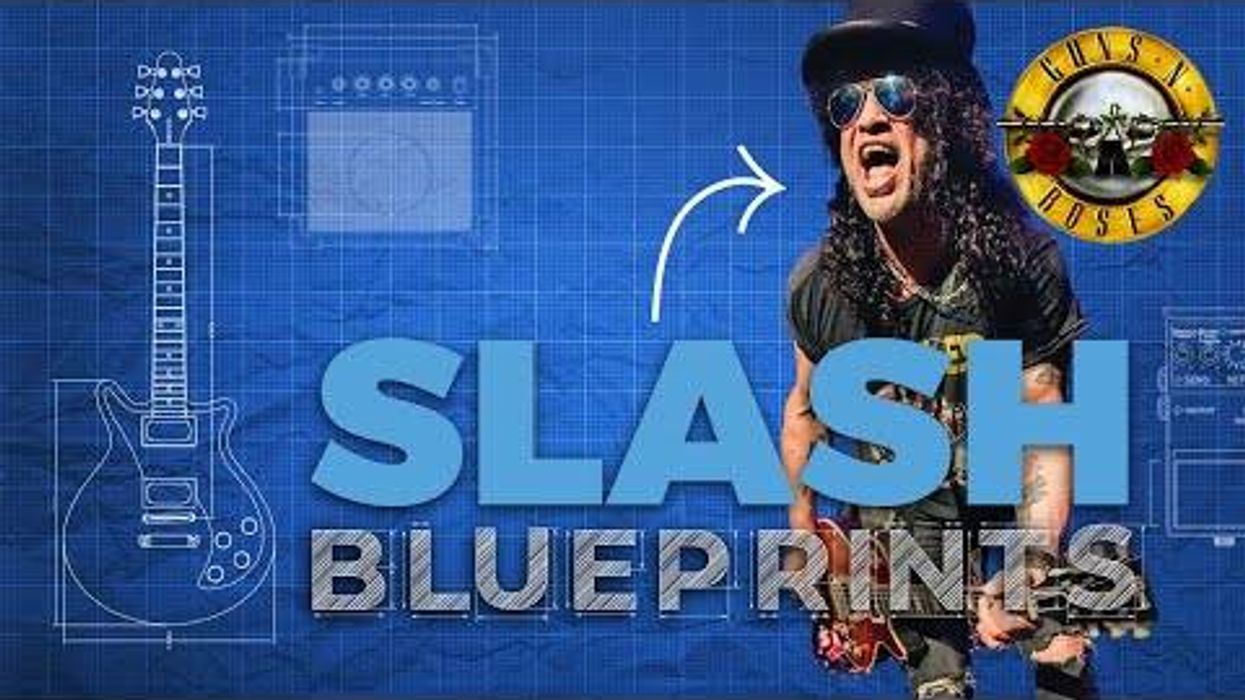
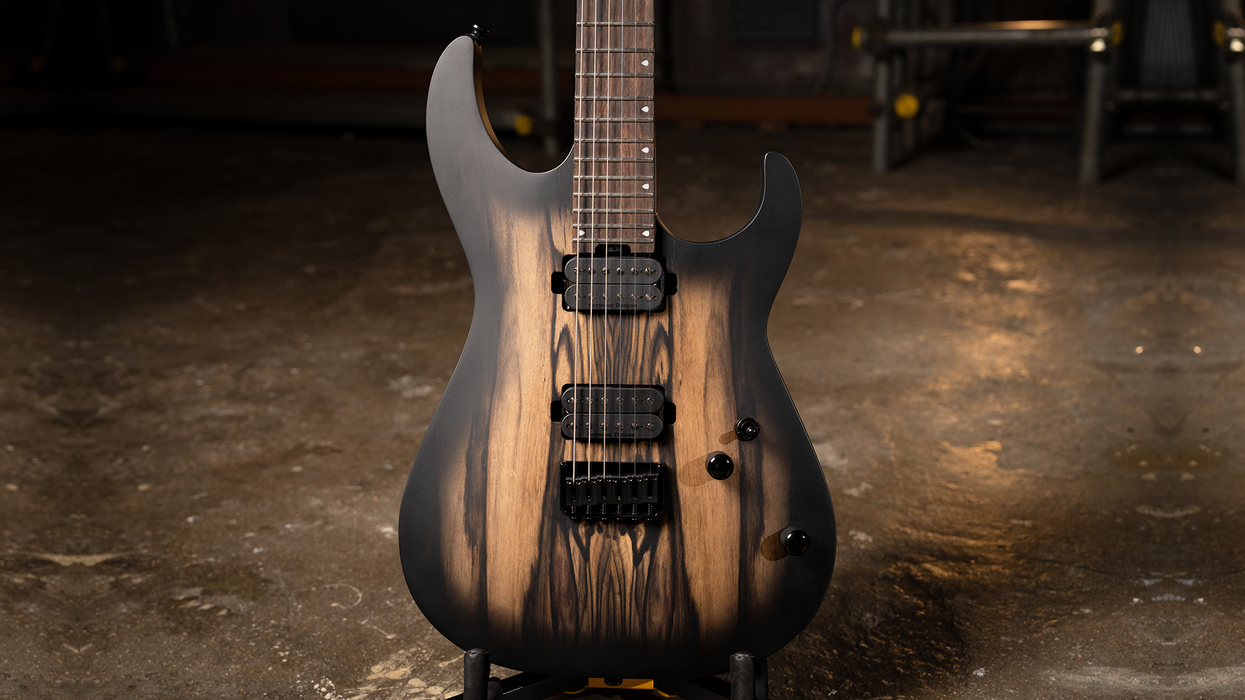
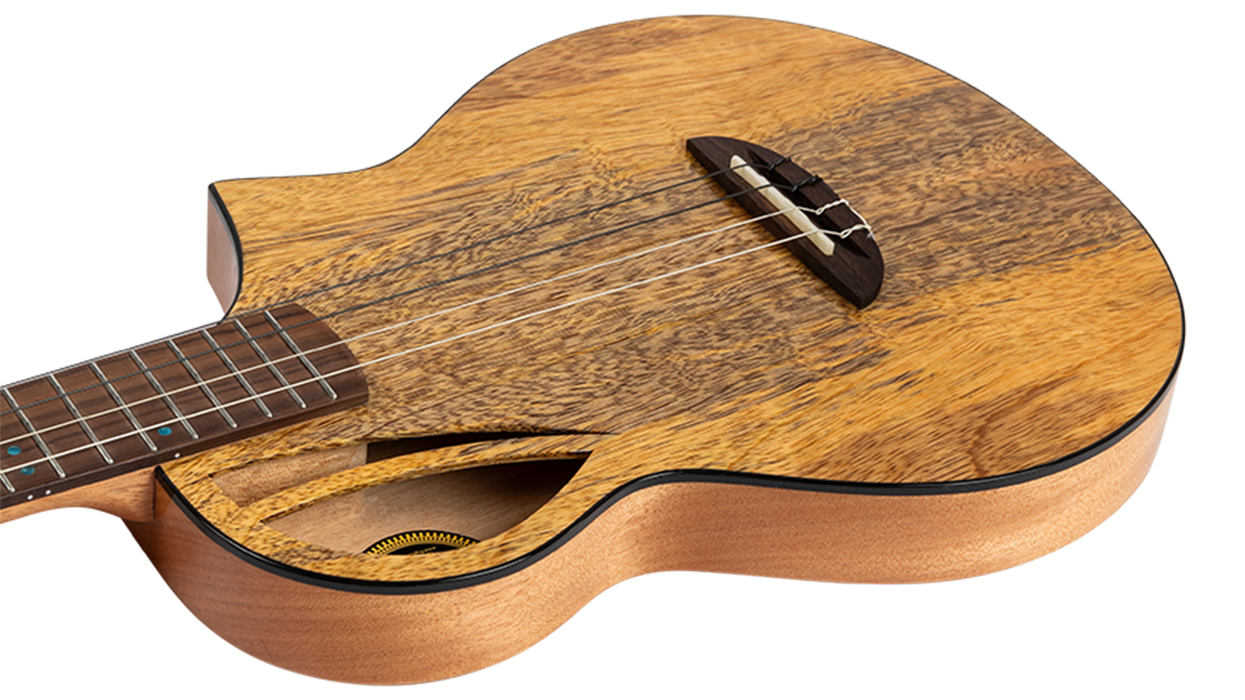
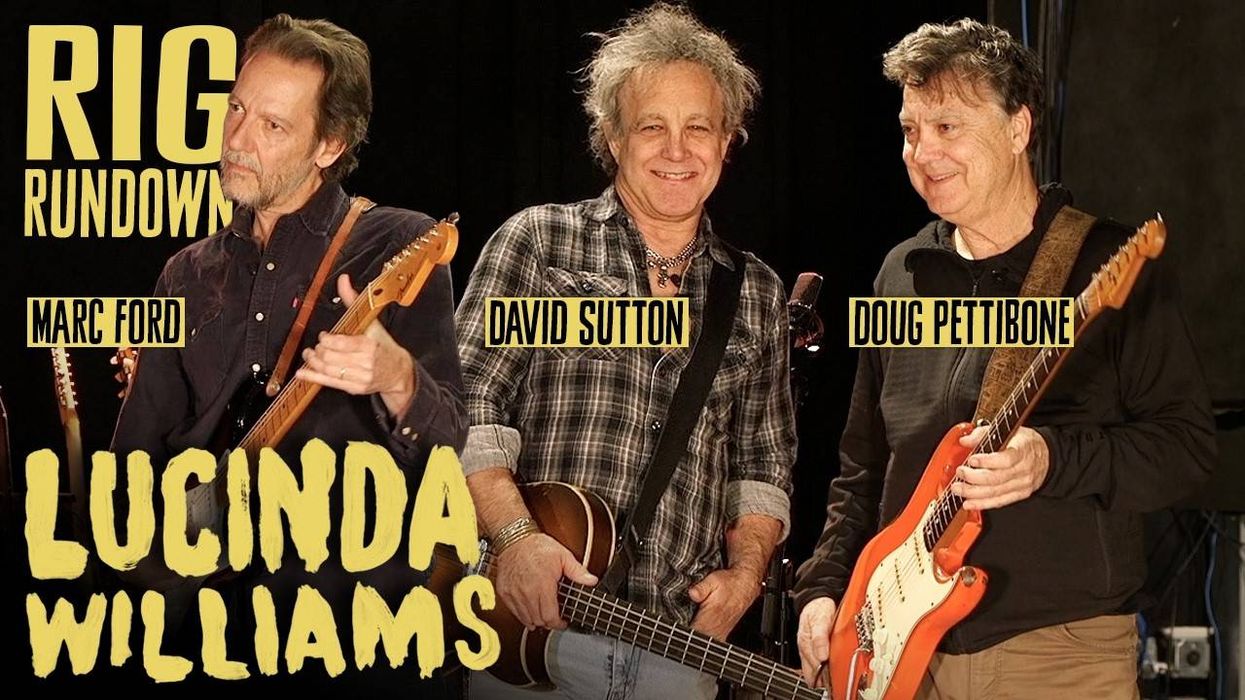

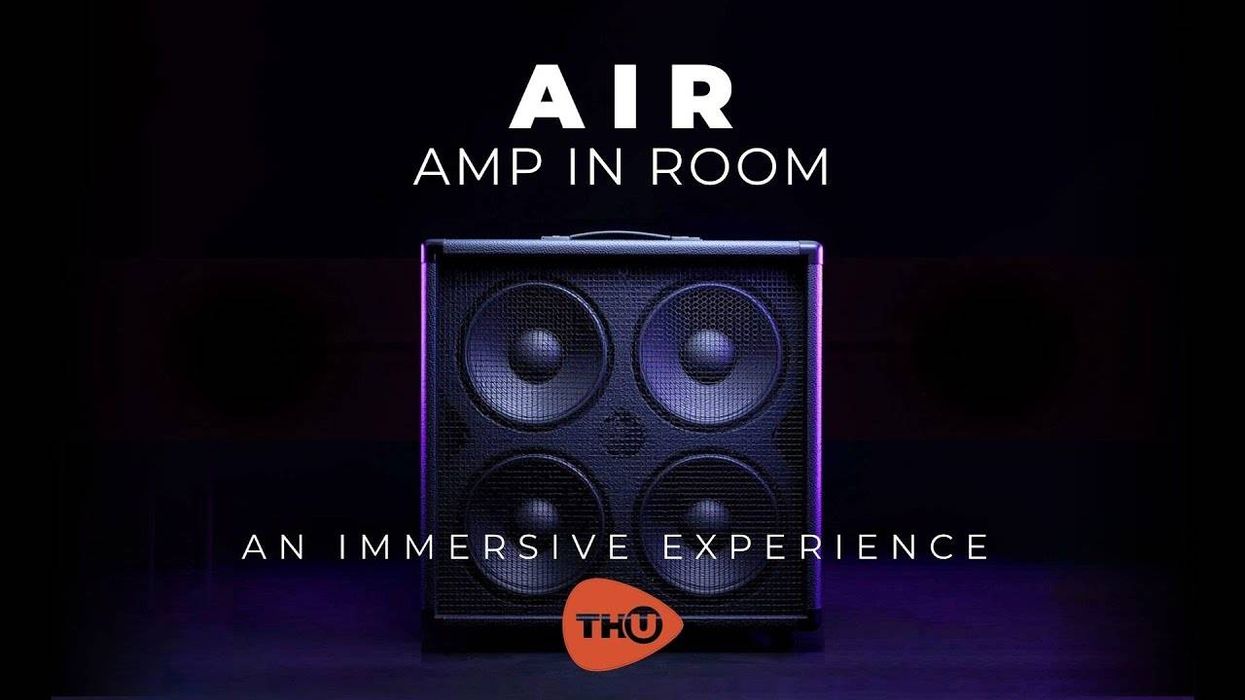
![Rig Rundown: Russian Circles’ Mike Sullivan [2025]](https://www.premierguitar.com/media-library/youtube.jpg?id=62303631&width=1245&height=700&quality=70&coordinates=0%2C0%2C0%2C0)






